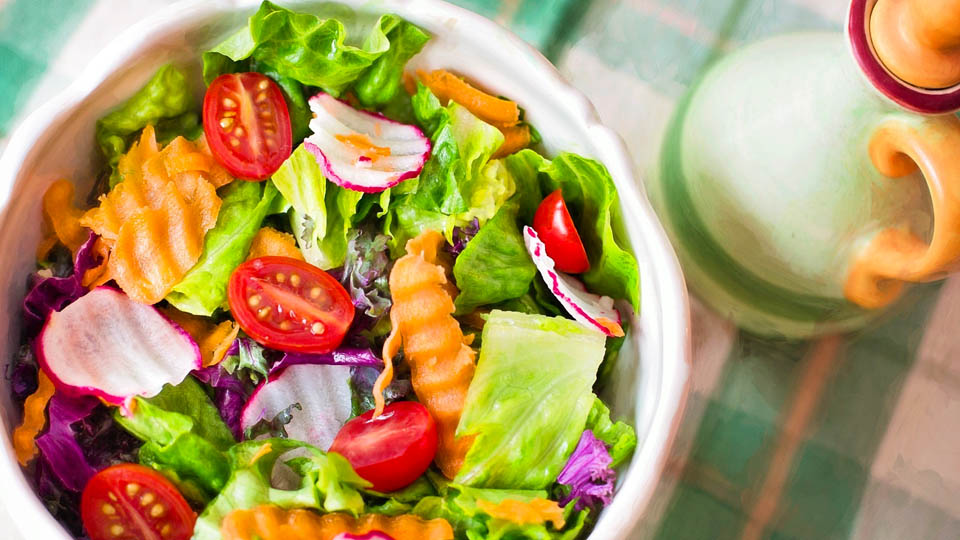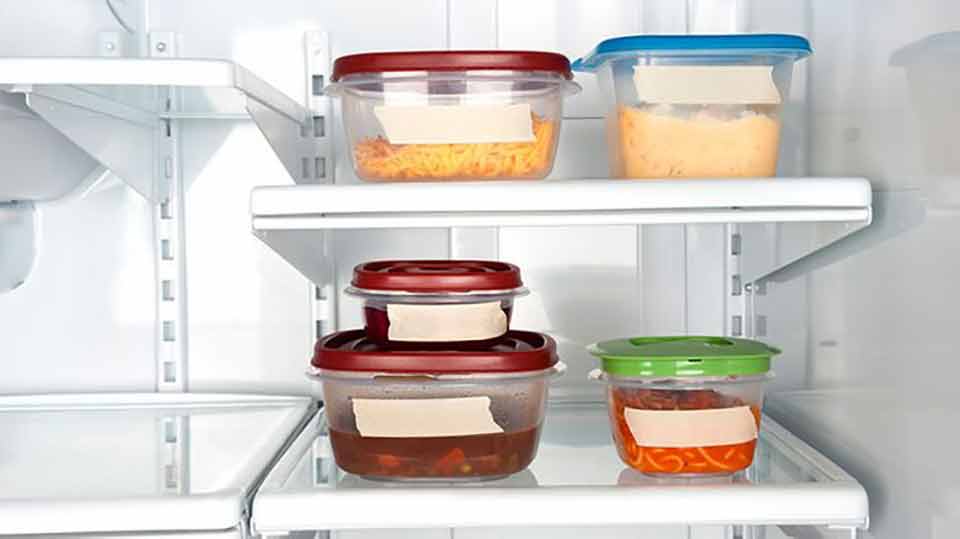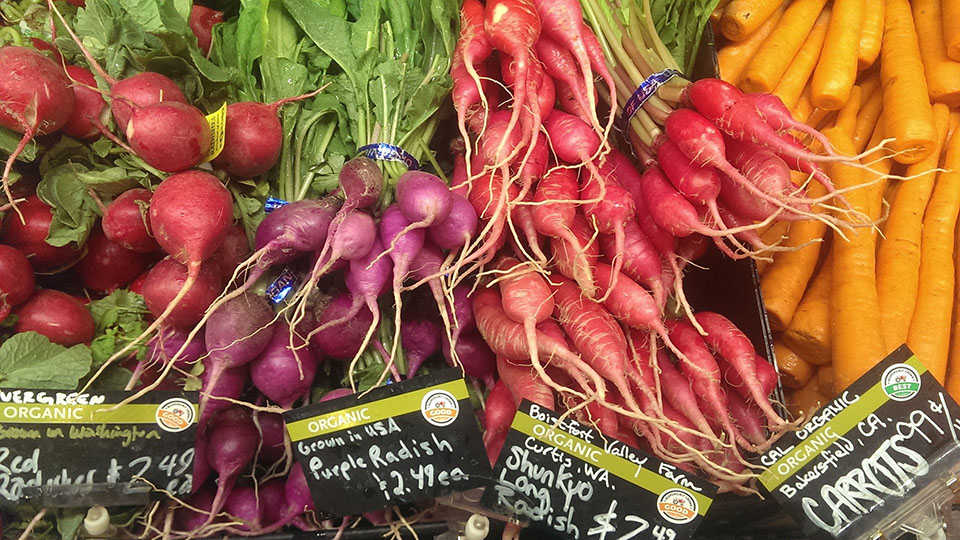Food Waste Prevention Part 6: Introduction to Increasing Cooking Skills and Preserving Foods

Avoiding food waste can be difficult when our schedules are packed. Learning the basic skills for preserving and cooking foods can help you save time, money, and decrease the amount of food wasted in your home.
Increasing Cooking Skills
Feeling comfortable in the kitchen and having adequate cooking skills can be very helpful when it comes to decreasing food waste in the home. Whether you are a beginner cook or experienced in the kitchen, USU Extension has a number of great resources available to help you become a more proficient cook. It may seem overwhelming to learn how to cook, or try new things in the kitchen. However, increasing your cooking skills will allow you to be more comfortable in the kitchen and make cooking an enjoyable part of your day.
Here are a few suggestions to improve your cooking skills:
- Start small by making a goal to try a new recipe or way of cooking each week.
- Contact your local USU Extension expert to see if they have any cooking classes available.
- If your recipe asks for a cooking method you aren’t familiar with, check out USU Extension Create Better Health’s online articles or videos. These resources can help you become familiar with cooking terms and methods.
- Learn how to cook without a cookbook from the Create Series.
Preserving Foods
Fresh foods have been shown to create six times as much food waste as foods that have been preserved. Learning how to properly preserve foods from your garden, grocery store, or farmers market will help you to have healthy ready-to-use foods on hand, which can decrease trips to the grocery store and prep time in the future. Canning and Freezing are the two most common ways to preserve food.
Canning Foods
Canning foods is a great way to preserve the harvest from your garden, farmers market, or farm stand. You can often get fresh produce for a good price in bulk when it is in season, and canning allows you to continue eating those foods throughout the year to meet your daily nutrient needs year-round. Canned foods enable you to have ready-to-eat foods on hand but do require substantial time and effort to process. According to the USDA, canned vegetables and meats can be kept up to five years while canned fruit should be consumed within 18 months. Although they may be safe for longer, for best quality, all home preserved foods should be used within the first 12-18 months.
The process of canning fresh fruits and vegetables is a science and strict guidelines must be followed to ensure the safety of your canned foods. Check out USU Extension’s Preserve the Harvest website to learn how to safely can foods.
Freezing Foods
Freezing foods to preserve them is a great option for multiple reasons. You can freeze almost any food, there is little change in nutrient value during freezer storage, and freezing at or below 0 F inactivates any bacteria, yeasts and molds from growing while frozen. However, freezing requires adequate freezer space and electricity to power the freezer. To maintain the highest quality in frozen foods, check out the resources below to learn freezing best practices.
USU Extension Preserve the Harvest- Food Preservation Freezing
Steps for successfully preserving fresh foods.
FDA Food Storage Chart
Recommended shelf-life of frozen foods.
Foods that do NOT freeze well
Foods that don't freeze well and reasons why.
Freezing Herbs
Successfully freezing fresh herbs
In the final article in this series, you’ll learn about several creative ways to reduce food waste
References
- ASPA (2019, April 12). Cold Food Storage Chart [Text]. FoodSafety.Gov. https://www.foodsafety.gov/food-safety-charts/cold-food-storage-charts
- Food Wise. (2017, February). Canned Food Can Save Time and Money. North Dakota State University. https://www.ag.ndsu.edu/food/foodwise/news/canned-food-can-save-time-and-money
- Martindale, W., & Schiebel, W. (2017). The impact of food preservation on food waste. British Food Journal, 119(12), 2510–2518. https://doi.org/10.1108/BFJ-02-2017-0114
- National Center for Home Food Preservation | How Do I? Freeze. (n.d.). Retrieved March 19, 2021, from https://nchfp.uga.edu/how/freeze/dont_freeze_foods.html
- Nutrition, C. for F. S. and A. (2020). Refrigerator Freezer Chart from Food Safety for Moms to Be. FDA. https://www.fda.gov/food/people-risk-foodborne-illness/refrigerator-freezer-chart-food-safety-moms-be
- PennState Extension. (2019, August 19). Freezing Herbs. PennState Extension. https://extension.psu.edu/freezing-herbs
- Utah State University (n.d.-a). Canning Resources. Retrieved March 19, 2021, from https://extension.usu.edu/preserve-the-harvest/canning
- Utah State University (n.d.-b). Freezing. Retrieved March 19, 2021, from https://extension.usu.edu/preserve-the-harvest/freezing
Authors
Meghan Adair, Dietetics Student ; Carrie Durward, Nutrition Specialist
Related Nutrition Articles











